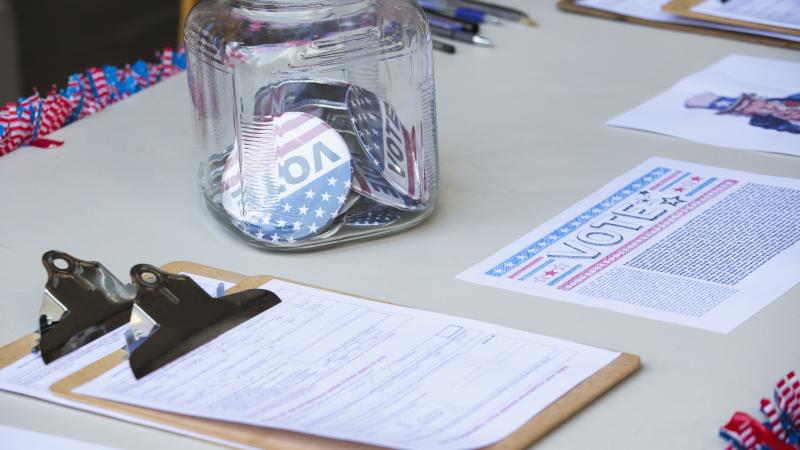Trump doesn't have presidential immunity in 2020 election case, appeals court rules
"Any executive immunity that may have protected him while he served as President no longer protects him against this prosecution," the court said.
Former President Donald Trump can be prosecuted on alleged crimes related to the 2020 election, a federal appeals court said Tuesday in a major blow to the former president's defense against charges brought against him by special counsel Jack Smith.
"For the purpose of this criminal case, former President Trump has become citizen Trump, with all of the defenses of any other criminal defendant. But any executive immunity that may have protected him while he served as President no longer protects him against this prosecution," the court wrote, according to CNN.
The unanimous ruling came from two judges appointed by President Joe Biden and one judge appointed by former President George H.W. Bush.
Trump is able to directly appeal the decision to the Supreme Court, or he could ask the full D.C. Circuit Court to hear the case again.
Before the court issued its decision, Trump wrote Monday evening in all capital letters on Truth Social: "IF IMMUNITY IS NOT GRANTED TO A PRESIDENT, EVERY PRESIDENT THAT LEAVES OFFICE WILL BE IMMEDIATELY INDICTED BY THE OPPOSING PARTY. WITHOUT COMPLETE IMMUNITY, A PRESIDENT OF THE UNITED STATES WOULD NOT BE ABLE TO PROPERLY FUNCTION!"
Trump had similarly argued last month in Georgia that presidential immunity shields him from state criminal charges related to the 2020 election, although it is unclear whether the federal appeals court ruling will influence the state case.
The former president has pleaded not guilty to all criminal charges he faces.















